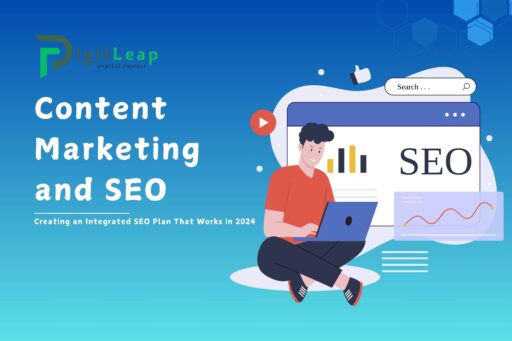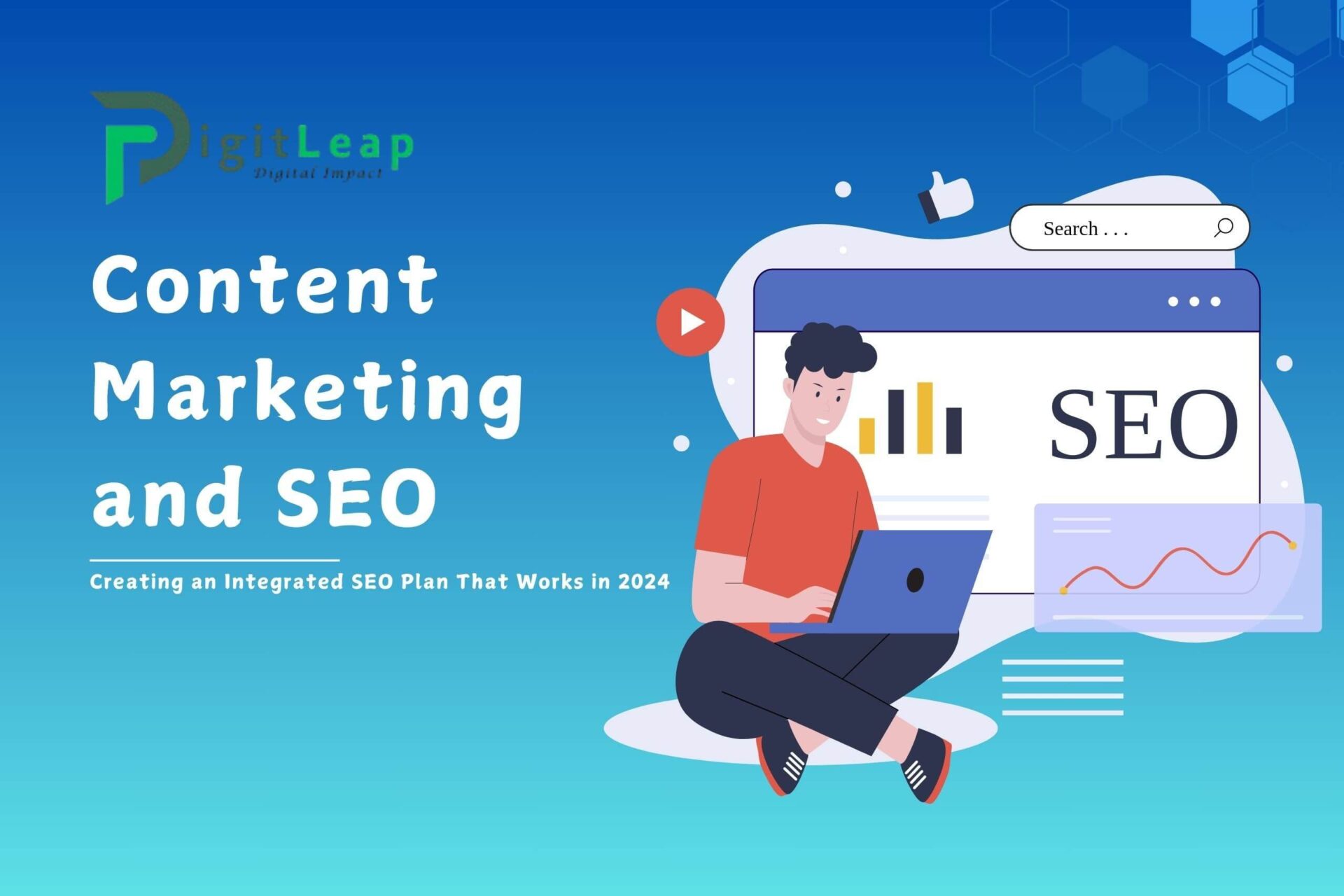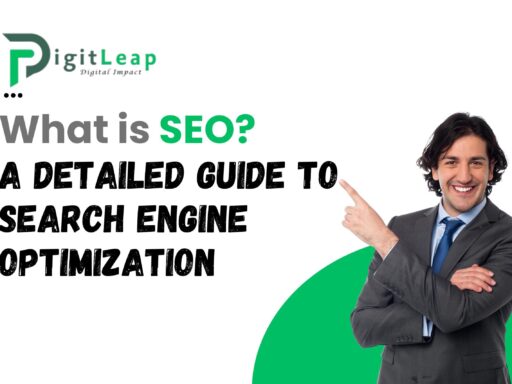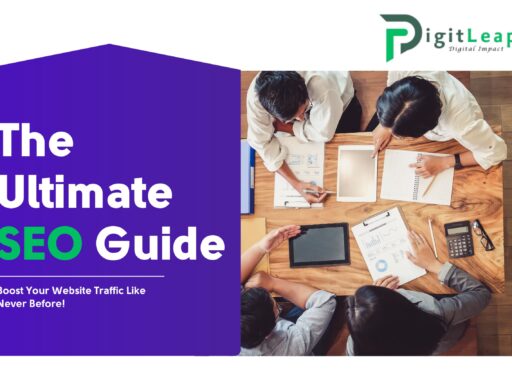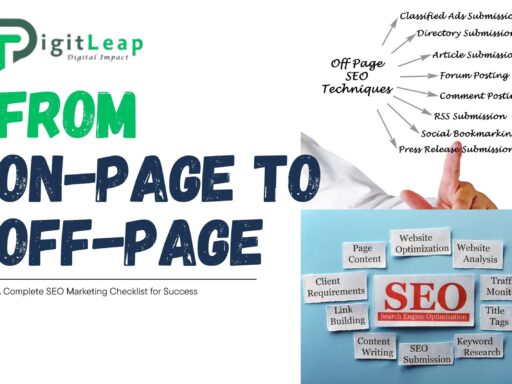Content Marketing and SEO: How to Create an Integrated SEO Plan
In the digital world, content marketing and SEO are two sides of the same coin. When combined effectively, they can drive substantial organic traffic, build brand authority, and boost conversions. In this comprehensive guide, we’ll explore expert insights, share real-world experiences, and highlight industry best practices to help you create an integrated SEO plan that works. Whether you’re a seasoned marketer or just starting out, this guide is designed to provide practical advice and actionable strategies.
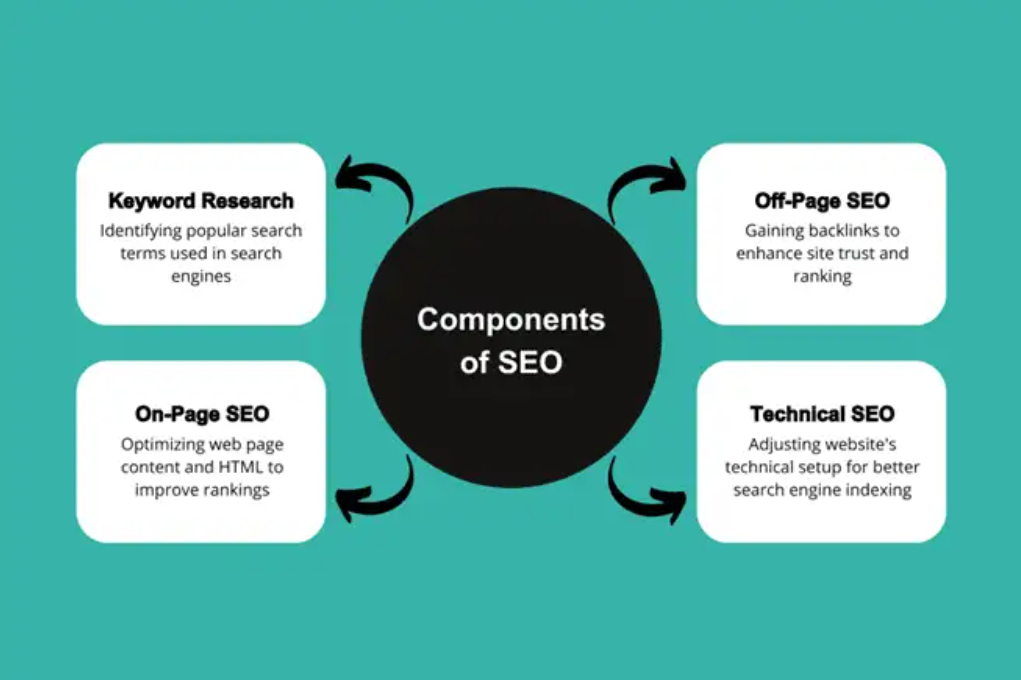
Understanding the Intersection of Content Marketing and SEO
Content marketing and SEO share a common goal: attracting and engaging your target audience. However, their approaches differ:
- Content Marketing: Focuses on creating valuable, engaging content that resonates with your audience. It builds trust and positions your brand as an authority in your niche.
- SEO: Involves optimizing your website and content so that search engines can easily understand and rank your pages, driving organic traffic.
Integrating these two strategies means your content is not only engaging but also discoverable, ensuring you get the best of both worlds.
Developing a Comprehensive Integrated SEO Plan
An integrated SEO plan should be a cohesive strategy that aligns your content marketing efforts with your SEO goals. Here’s how to get started:
1. Define Clear Objectives
Begin by setting specific, measurable goals. Are you aiming to increase organic traffic, boost conversions, or build brand authority? Clear objectives help guide your strategy and measure success.
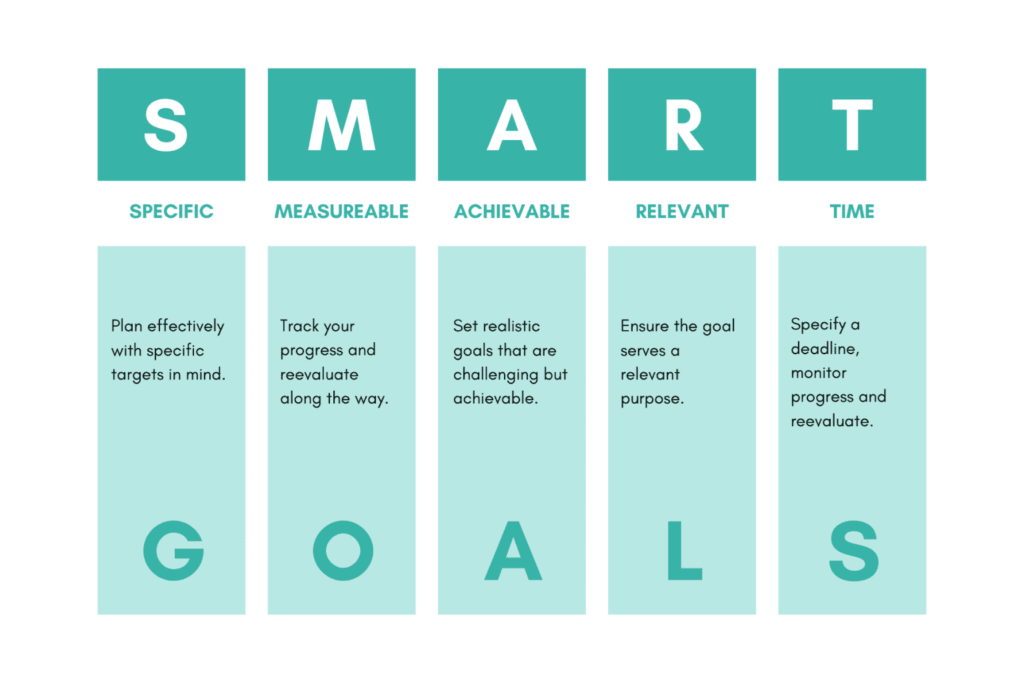
2. Conduct In-Depth Keyword Research
Use tools like Google Keyword Planner, SEMrush, or Ahrefs to identify keywords that are relevant to your audience. Focus on:
- Long-Tail Keywords: These are less competitive and often have higher conversion rates.
- Search Intent: Understand whether users are looking for information, solutions, or to make a purchase.
3. Develop a Content Strategy
Create a content calendar that addresses your audience’s needs throughout their journey. Your content should:
- Educate: Provide valuable information and insights.
- Engage: Use storytelling and interactive elements.
- Convert: Include clear calls-to-action (CTAs) that drive users toward your goals.
4. Optimize On-Page Elements
Ensure that every piece of content is optimized for both users and search engines:
- Title Tags and Meta Descriptions: Craft compelling, keyword-rich titles and descriptions.
- Header Tags: Use H1, H2, and H3 tags to structure your content clearly.
- URLs: Create clean, descriptive URLs that reflect the content of the page.
- Internal Linking: Link related content to improve navigation and distribute link equity.
5. Enhance Technical SEO
A strong technical foundation is essential:
- Mobile Optimization: Ensure your site is fully responsive.
- Site Speed: Improve loading times with optimized images, minified code, and a Content Delivery Network (CDN).
- Structured Data: Use schema markup to help search engines understand your content better.
Expert Insights and Best Practices
Leverage Data-Driven Insights
- Analytics: Use Google Analytics and Search Console to track performance metrics like organic traffic, bounce rates, and conversion rates. These insights inform adjustments and improvements.
- A/B Testing: Regularly test different headlines, content formats, and CTAs. Small tweaks can lead to significant improvements in engagement and rankings.
Build a Strong Backlink Profile
- Quality Over Quantity: Focus on earning high-quality backlinks from reputable websites. Guest blogging, partnerships, and creating shareable content are effective methods.
- Diverse Sources: A diverse backlink profile signals trustworthiness to search engines and helps boost your site’s authority.
Real-World Experience and Case Studies
Consider the following examples:
- Case Study 1: A mid-sized e-commerce site integrated a comprehensive content strategy with targeted SEO. By focusing on long-tail keywords and quality content, the site saw a 50% increase in organic traffic within six months.
- Case Study 2: A B2B service provider implemented a structured internal linking strategy and optimized on-page elements, resulting in a significant boost in user engagement and conversion rates.
These examples underscore the importance of aligning content marketing with SEO efforts to drive tangible results.
Measuring Success and Continuous Improvement
An integrated SEO plan is not a one-time setup—it’s an ongoing process. Regularly review your performance data, refine your strategy based on insights, and stay updated on industry trends. Continuous improvement is key to maintaining and enhancing your search engine rankings.
Conclusion
Creating an integrated SEO plan that combines the strengths of content marketing and SEO can transform your digital presence. By setting clear objectives, optimizing your content, and leveraging data-driven insights, you can build a strategy that drives organic traffic, enhances brand authority, and boosts conversions. Embrace the journey from zero to hero, and let data guide you toward long-term success.

